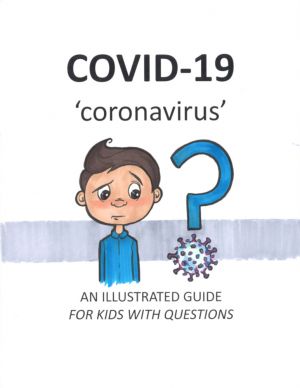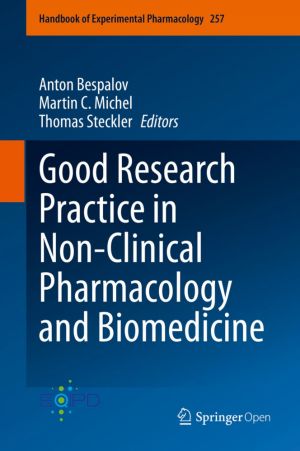
This free book provides up-to-date information on best practice to improve experimental design and quality of research in non-clinical pharmacology and biomedicine....
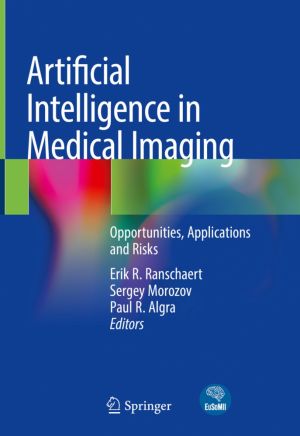
This book provides a thorough overview of the ongoing evolution in the application of artificial intelligence (AI) within healthcare and radiology, enabling readers to gain a deeper insight into the technological background of AI and the impacts of new and emerging technologies on medical imaging. After an introduction on game changers in radiology...
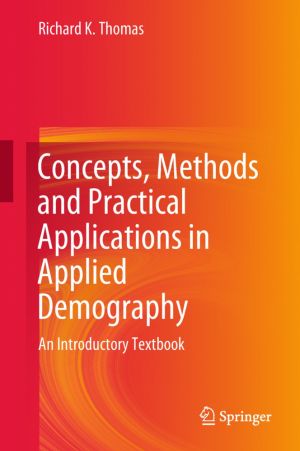
This textbook offers a comprehensive overview of applied demography by presenting both basic concepts and methodological techniques. It allows students from the social and human sciences, demographers, consultants and anyone interested in applied demography to gain an understanding of a wide range of practical applications of demographic concepts, ...
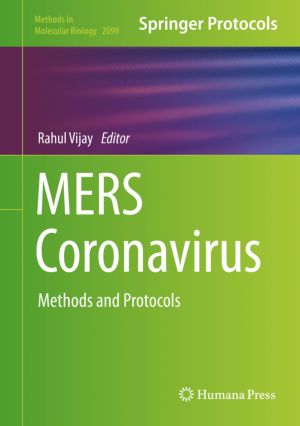
This volume provides various techniques and methodologies currently used in the study of MERS-CoV. Chapters are divided into four parts detailing evolution and entry of MERS-coronavirus, genetic alteration and structural determination of MERS-coronavirus proteins, quantitation of virus and anti-viral factors, and mouse models for MERS -coronavirus....
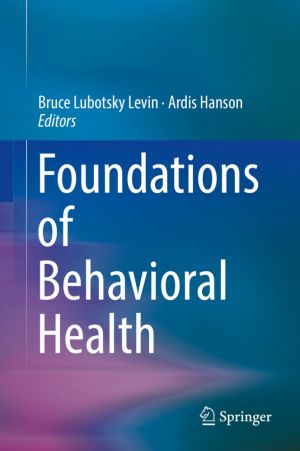
This comprehensive book examines the organization, financing, delivery, and outcomes of behavioral health (i.e., alcohol, drug abuse, and mental health) services from both U.S. and global perspectives. Addressing the need for more integrative and collaborative approaches in public health and behavioral health initiatives, the book covers the fundam...
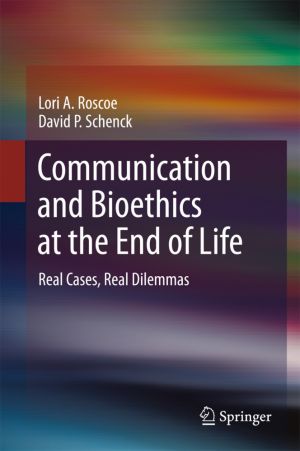
This casebook provides a set of cases that reveal the current complexity of medical decision-making, ethical reasoning, and communication at the end of life for hospitalized patients and those who care for and about them. End-of-life issues are a controversial part of medical practice and of everyday life. Working through these cases illuminates bo...
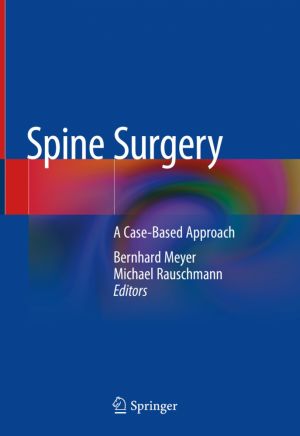
This book covers the content of European postgraduate spine surgery courses, using a case-based approach. A step-wise solution to a real clinical problem is described and compared to the best available evidence. A weighted conclusion is provided on how to bridge the gap (if there is one) between standard of care and evidence-based medicine.Spine Su...
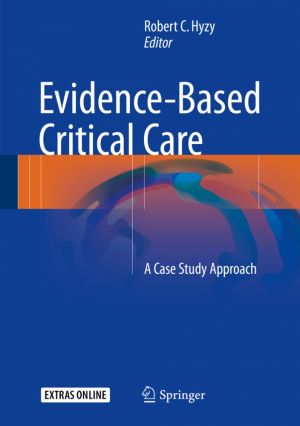
This book approaches the study of critical care with teaching in mind. In medicine "teachable moments" usually occur in clinical context, where the engagement in a real case exemplifies principles of diagnosis or therapy. In order to replicate the teaching method, selected cases are presented within each chapter offering the reader an opp...
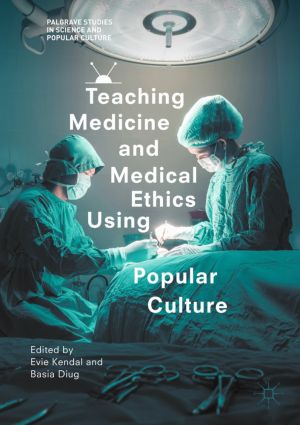
This book demonstrates how popular culture can be successfully incorporated into medical and health science curriculums, capitalising on the opportunity fictional media presents to humanise case studies. Studies show that the vast majority of medical and nursing students watch popular medical television dramas and comedies such as Grey’s Anatomy,...

Coronavirus - there's a new word you might have heard. You might hear people talking about it or you might hear it on the news. This word is the reason that you're not going to school. It is the reason you can't go outside very often or visit your friends. It might be the reason why the grown-up or grown-ups who look after you are at...
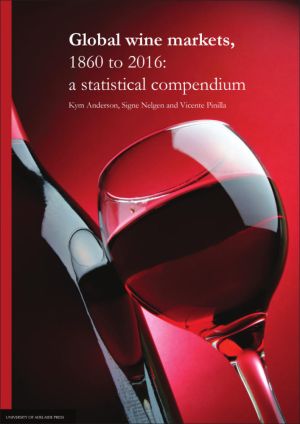
Until recently, most grape-based wine was consumed close to where it was produced, and mostly that was in Europe. Despite the huge growth in inter-continental trade, investment and migration during the first globalization wave that came to a halt with World War I, it was not until the 1990s that the export share of global wine production rose above...

Inferring and Explaining is a book in practical epistemology. It examines the notion of evidence and assumes that good evidence is the essence of rational thinking. Evidence is the cornerstone of the natural, social, and behavioral sciences. But it is equally central to almost all academic pursuits and, perhaps most importantly, to the basic need t...
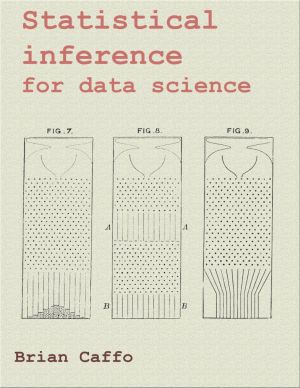
The ideal reader for this book will be quantitatively literate and has a basic understanding of statistical concepts and R programming. The book gives a rigorous treatment of the elementary concepts in statistical inference from a classical frequentist perspective. After reading this book and performing the exercises, the student will understand th...
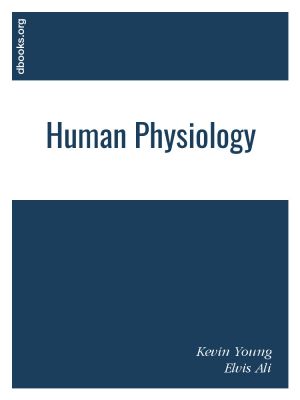
Physiology - The word physiology is from the Ancient Greek (phusiología) and it is the study of how organisms perform their vital functions. An example is the study of how a muscle contracts or the force contracting muscles exert on the skeleton. It was introduced by French physician Jean Fernery in 1552. Physiology is built upon a tripod of scien...
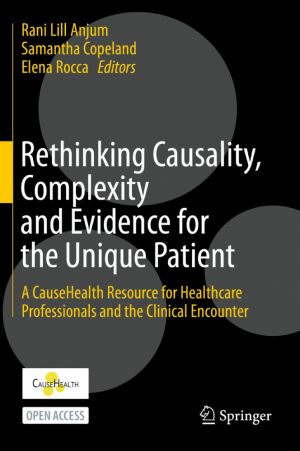
This open access book is a unique resource for health professionals who are interested in understanding the philosophical foundations of their daily practice. It provides tools for untangling the motivations and rationality behind the way medicine and healthcare is studied, evaluated and practiced. In particular, it illustrates the impact that thin...
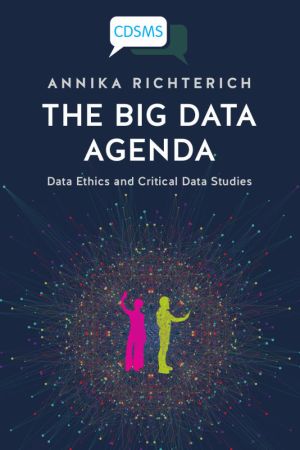
This book highlights that the capacity for gathering, analysing, and utilising vast amounts of digital (user) data raises significant ethical issues. Annika Richterich provides a systematic contemporary overview of the field of critical data studies that reflects on practices of digital data collection and analysis. The book assesses in detail one ...
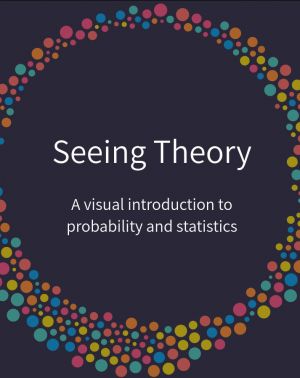
Statistics is quickly becoming the most important and multi-disciplinary field of mathematics. According to the American Statistical Association, statistician is one of the top ten fastest-growing occupations and statistics is one of the fastest-growing bachelor degrees. Statistical literacy is essential to our data driven society.
Despite the ...
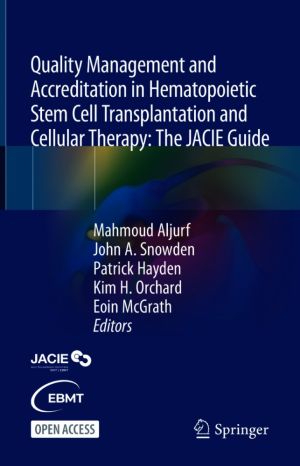
Quality Management and Accreditation in Hematopoietic Stem Cell Transplantation and Cellular Therapy
This open book provides a concise yet comprehensive overview on how to build a quality management program for hematopoietic stem cell transplantation (HSCT) and cellular therapy. The text reviews all the essential steps and elements necessary for establishing a quality management program and achieving accreditation in HSCT and cellular therapy. Spe...
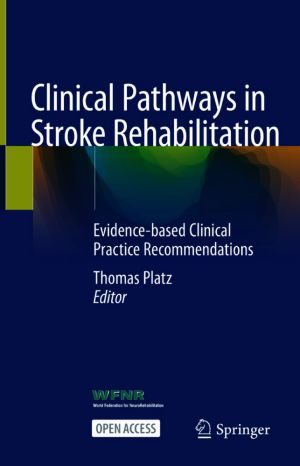
This open book focuses on practical clinical problems that are frequently encountered in stroke rehabilitation. Consequences of diseases, e.g. impairments and activity limitations, are addressed in rehabilitation with the overall goal to reduce disability and promote participation. Based on the available best external evidence, clinical pathways ar...

This open book describes the serious threat of invasive species to native ecosystems. Invasive species have caused and will continue to cause enormous ecological and economic damage with ever increasing world trade. This multi-disciplinary book, written by over 100 national experts, presents the latest research on a wide range of natural science an...

How long can humans live? This open access book documents, verifies and brings to life the advance of the frontier of human survival. It carefully validates data on supercentenarians, aged 110+, and semi-supercentenarians, aged 105-109, stored in the International Database on Longevity (IDL). The chapters in this book contribute substantial advance...
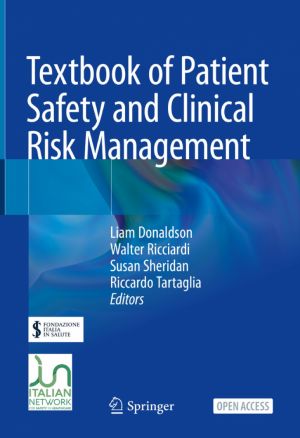
Implementing safety practices in healthcare saves lives and improves the quality of care: it is therefore vital to apply good clinical practices, such as the WHO surgical checklist, to adopt the most appropriate measures for the prevention of assistance-related risks, and to identify the potential ones using tools such as reporting & learni...
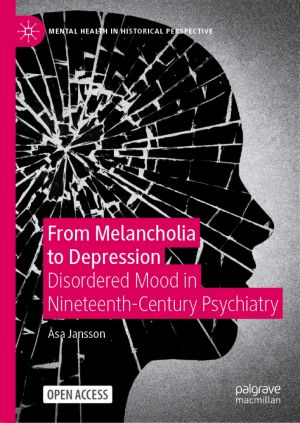
This open book maps a crucial but neglected chapter in the history of psychiatry: how was melancholia transformed in the nineteenth century from traditional melancholy madness into a modern biomedical mood disorder, paving the way for the emergence of clinical depression as a psychiatric illness in the twentieth century? At a time when the prevalen...
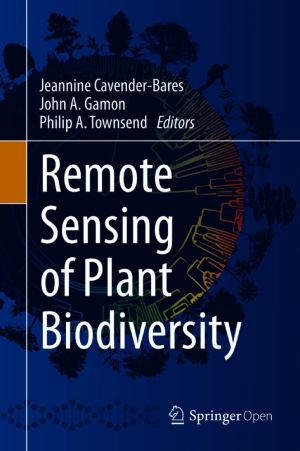
This open volume aims to methodologically improve our understanding of biodiversity by linking disciplines that incorporate remote sensing, and uniting data and perspectives in the fields of biology, landscape ecology, and geography. The book provides a framework for how biodiversity can be detected and evaluated - focusing particularly on plants -...
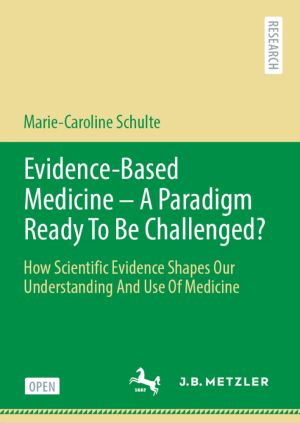
This open book aims to clarify the term „evidence-based medicine" (EBM) from a philosophy of science perspective. The author, Marie-Caroline Schulte discusses the importance of evi-dence in medical research and practice with a focus on the ethical and methodological prob-lems of EBM. The claims that EBM can herald a new theory of epistemolog...
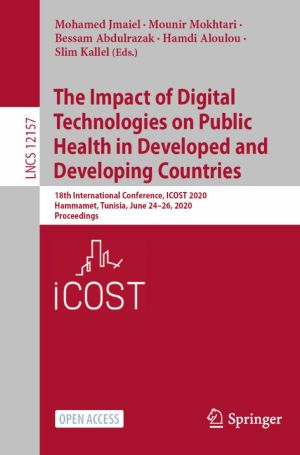
This open access book constitutes the refereed proceedings of the 18th International Conference on String Processing and Information Retrieval, ICOST 2020, held in Hammamet, Tunisia, in June 2020.*
The 17 full papers and 23 short papers presented in this volume were carefully reviewed and selected from 49 submissions. They cover topics such as: Io...

This open book focuses on theoretical and empirical intersections between governance, knowledge and space from an interdisciplinary perspective. The contributions elucidate how knowledge is a prerequisite as well as a driver of governance efficacy, and conversely, how governance affects the creation and use of knowledge and innovation in geographic...
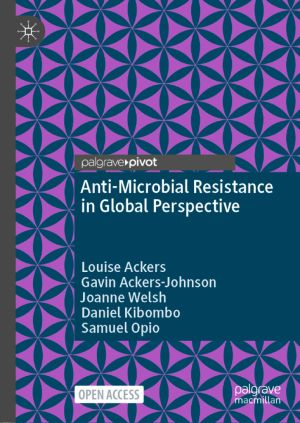
This open book provides an accessible introduction to the mechanics of international development and global health text for policy-makers and students across a wide range of disciplines. Antimicrobial resistance is a major threat to the well-being of patients and health systems the world over. In fragile health systems so challenged, on a day-today...

